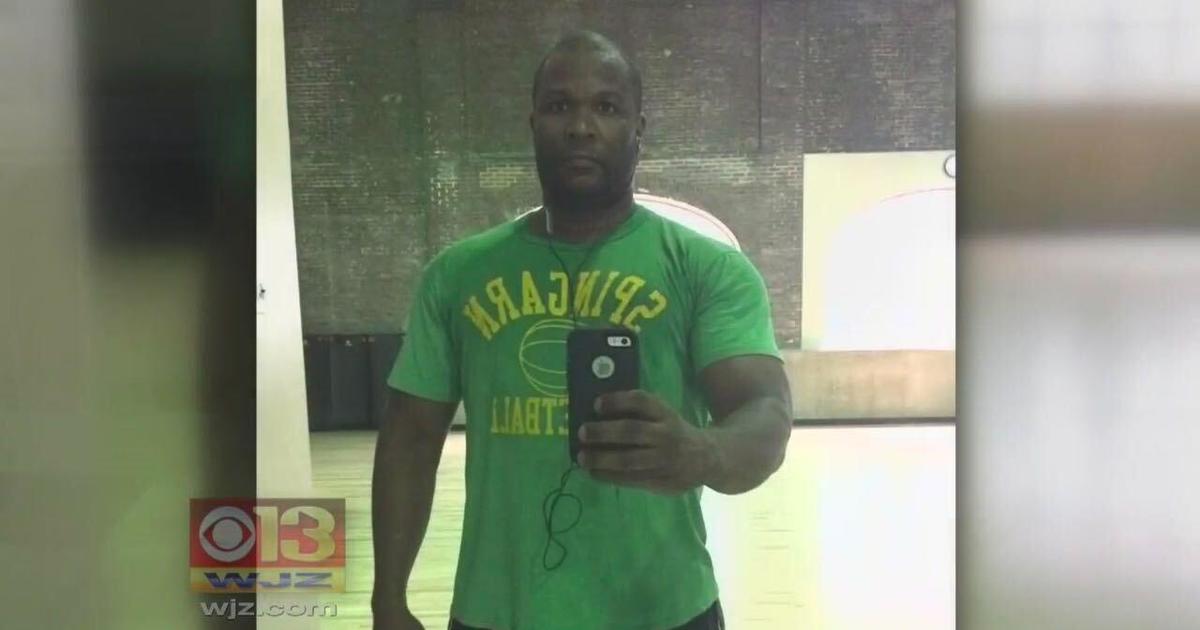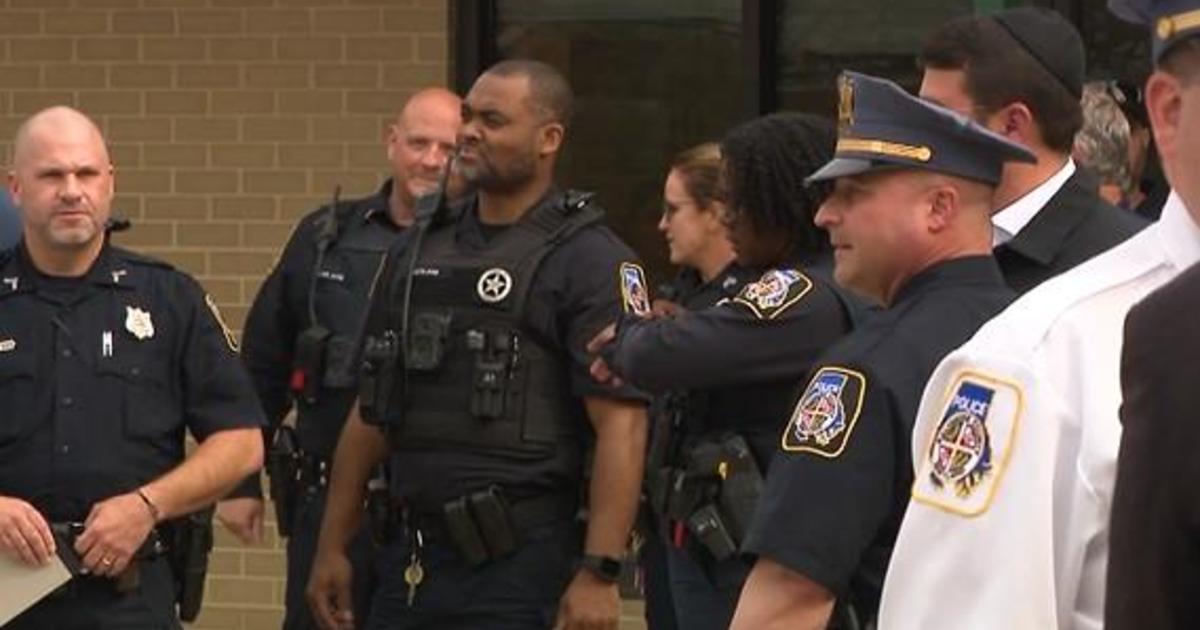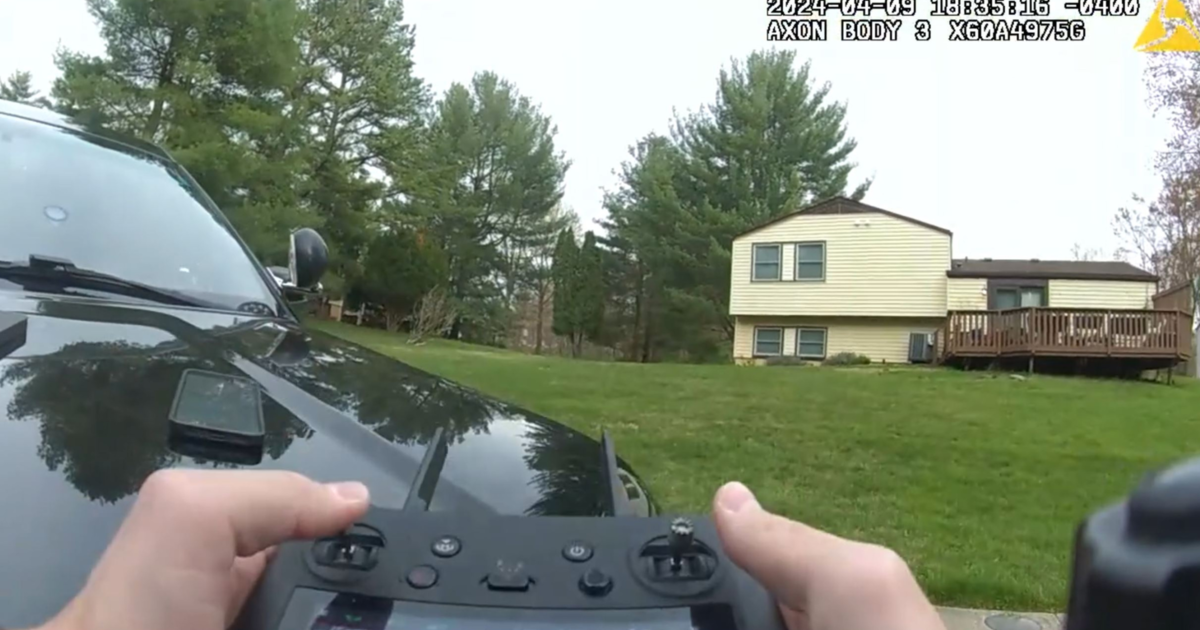Doctor During Freddie Gray Officer's Disciplinary Case: Gray's Death Should Have Been Ruled An Accident
BALTIMORE (AP) — A forensic pathologist testified Friday he doesn't believe a seatbelt would have prevented the fatal injury to a black man being transported in a Baltimore police van after his arrest. But a police department lawyer who says the van driver should be fired questioned the pathologist's conclusions.
Dr. Jonathan Arden testified at Officer Caesar Goodson's police disciplinary hearing. Goodson is accused of failing to follow police department policy when he failed to buckle Freddie Gray into a seatbelt during a ride to a police station after Gray was arrested in April 2015.
While seatbelts can protect someone in a crash, Arden said Gray would still have been able to strike his head against the wall of the van, which is what he believes caused Gray's spinal cord injury somewhere between the van's fifth stop and its sixth and final stop at a police station. Gray's death a week later at a hospital touched off protests and rioting in Baltimore that year.
"We have no collision or crash here, so that's really off the table," Arden said, when asked about seatbelt use.
Neil Duke, the attorney representing the department, questioned whether Arden's expertise extended to the use of seatbelts, and he objected to the question. But the three-member panel hearing Goodson's case took a break and decided to let attorney Thomas Tompsett ask the question.
Officers who responded to the arrest have testified that once Gray was in the van, he started to bang, yell and shake the vehicle. Gray's demeanor when arrested has been cited as a reason why officers decided not to buckle him in, and instead placed him on the floor in handcuffs.
Goodson also is accused of failing to follow department policy for failing to take Gray to a hospital at one of the earlier van stops. Arden said he believes the failure to get Gray medical attention "had no effect whatsoever," because Gray had yet to suffer the injury he died from a week later.
Duke has repeatedly asked witnesses about opportunities officers had to seatbelt Gray and to take him to a hospital at earlier stops during the van ride. He asked Arden whether Gray's injury would not have happened, if he had been taken to a hospital before the injury occurred.
"Correct," Arden responded.
Duke also brought up a medical examiner's report, which he said concluded Gray's injury took place between the van's second and fourth stops. Arden said he believes there is "overwhelming" evidence Gray's injury happened later in the van ride.
The medical examiner's report ruled Gray's death was a homicide. Prosecutors during Goodson's criminal trial last year said Gray suffered a spinal cord injury somewhere between the wagon's second and fourth stop, and that he was in dire need of care when Goodson and another officer checked on him.
Arden also testified during Goodson's criminal trial last year, when Goodson was acquitted of all charges, including murder. Arden was accepted as an expert during that trial, despite a troubled past. He was forced to resign his post as former District of Columbia medical examiner in 2013 after the Inspector General released a scathing report identifying operational deficiencies in the office and accusations of sexual harassment from employees.
Closing arguments in Goodson's disciplinary hearing are expected Monday.
Follow @CBSBaltimore on Twitter and like WJZ-TV | CBS Baltimore on Facebook
(© Copyright 2017 The Associated Press. All Rights Reserved. This material may not be published, broadcast, rewritten or redistributed.)



